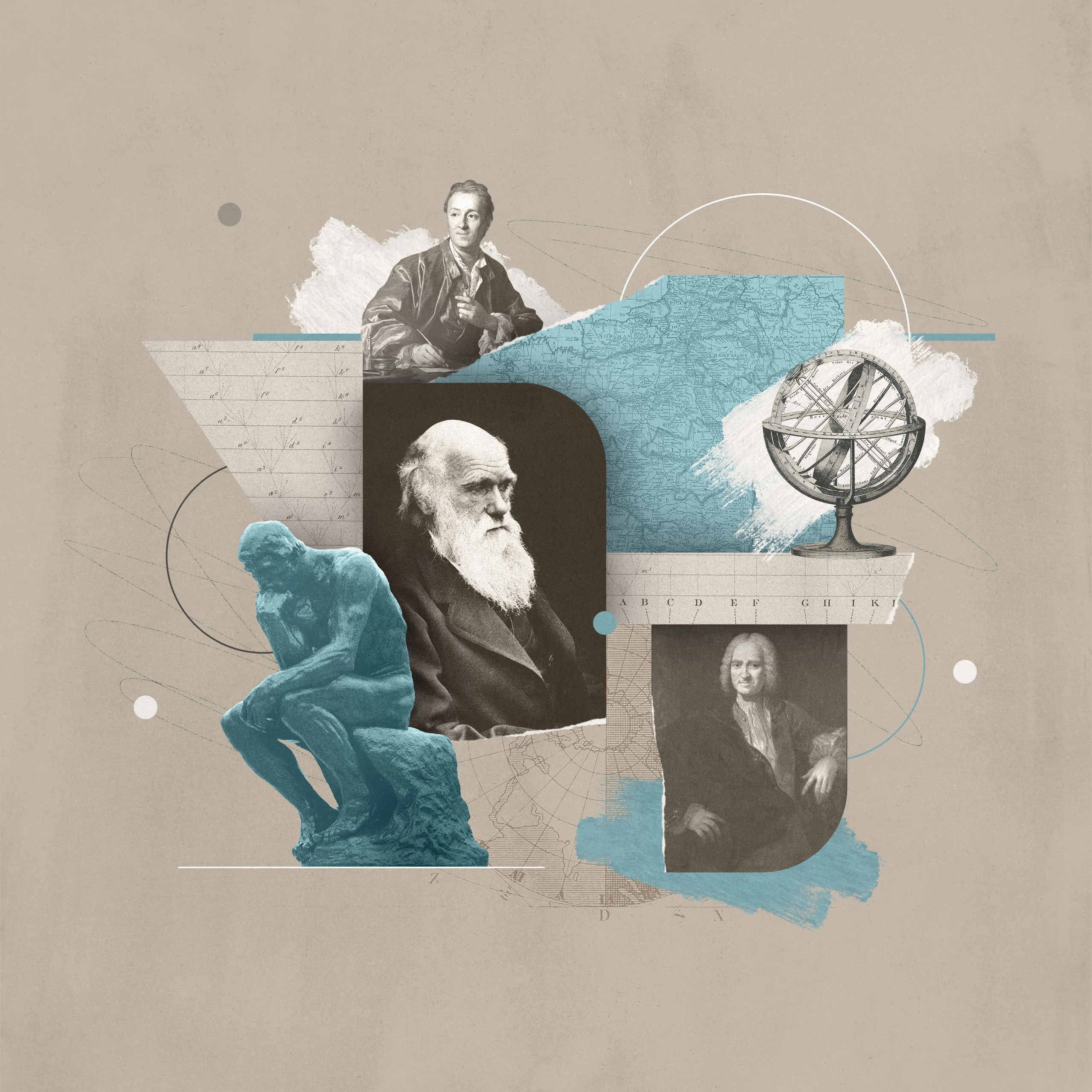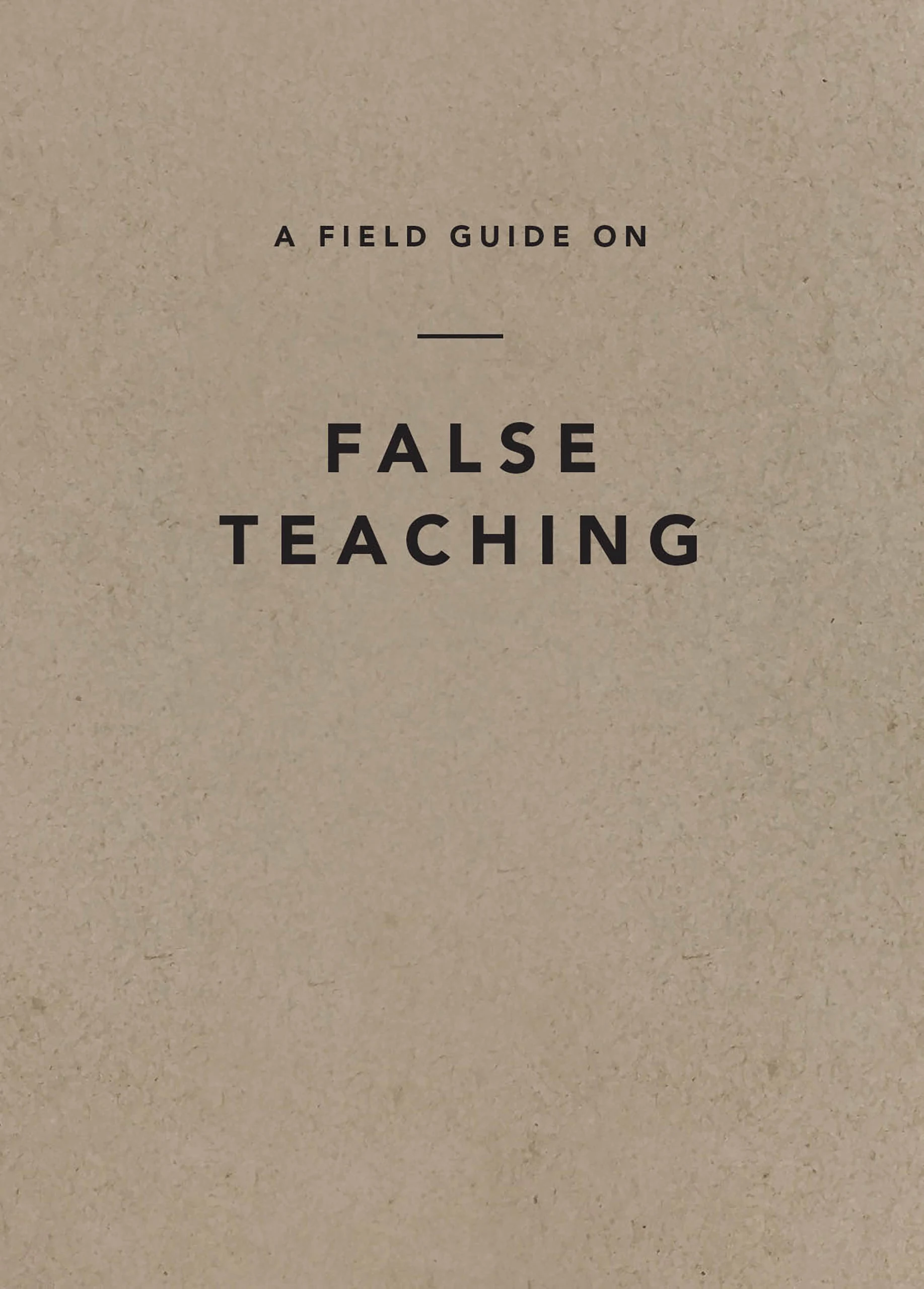What Are Atheism and Secularism?

What are atheism and secularism?
Atheism and secularism are two widely influential modern philosophical worldviews. Though not organized religions, these two philosophical worldviews are inherently anti-religious. Proponents of atheism reject theism and religion. Proponents of secularism reject the presence of theism and religion in political and societal institutions. All atheists profess to be secularists; however, not all secularists profess to be atheists. An estimated 250 to 500 million people worldwide do not profess belief in any deity. This includes two hundred million to four hundred million residents of countries such as Russia and China, as well as thirty million residents of the United States.
When did they begin?
Although there have been a variety of philosophies since the fall of Adam that we may consider anti-theistic, atheism and secularism as we know them today originated in the Enlightenment in Britain and Continental Europe during the eighteenth century. Authors, scientists, and philosophers such as John Locke, Isaac Newton, Immanuel Kant, Johann Wolfgang von Goethe, Voltaire, Jean-Jacques Rousseau, and Adam Smith were leading figures of the Enlightenment, although none of these men were strict atheists but were either deists or held to unorthodox expressions of the Christian faith. The Enlightenment’s emphasis on reason and individualism, over against religious tradition, supported the spread of deism, pantheism, and—eventually—atheism.
The Enlightenment in France particularly fueled atheism and secularism in the Western world. Baron Paul-Henri Thiry d’Holbach—an atheist intellectual—taught a form of mechanistic metaphysics that served as a catalyst for the modern atheism movement. D’Holbach devoted two works to the defense and propagation of atheism: Système de la Nature and Le Bon Sens. His contemporary Denis Diderot is believed to have assisted him in the production of the strongly atheistic and materialistic book Système de la Nature. Diderot was the first to give a modern definition of atheism, including it in his Encyclopédie.
With the rise of the scientific revolution, materialistic understandings of the origins of the universe became more widely accepted in the West. Accordingly, the publication of Charles Darwin’s On the Origin of the Species in 1859 was seized upon by atheists as providing a scientific justification for their view. Darwin’s work fostered secularist agendas in Western countries, primarily through Karl Marx’s application of Darwin’s principles to his economic and political theories. In Das Kapital, Marx appealed to Darwin’s contributions. Although Darwin was not supportive of Marx’s use of his philosophy for the propagation of political and economic socialism, the rise of secularism can be directly tied to the influence of Darwin on Marx.
After Marx, the nineteenth-century German philosopher Friedrich Nietzsche further advanced anti-theistic philosophy throughout the Western world. On numerous occasions, Nietzsche used the phrase “God is dead” to explain the effects of the Enlightenment in producing an increasing disbelief in God and subsequent secularization in Western society.
In 1927, the British philosopher Bertrand Russell gave a talk at the National Secular Society in London that was later published in 1969 under the title Why I Am Not a Christian and Other Essays on Religion and Related Subjects. This book had a significant effect on readers in Britain and America, further popularizing atheism and secularism. Russell helped pave the way for the “new atheist” movement—a contemporary form of atheist apologetics popularized by Richard Dawkins, Daniel Dennett, Sam Harris, and Christopher Hitchens. Dawkins’ The God Delusion, released in 2006, was a New York Times best seller and the second-best-selling book on Amazon that year. New atheism distinguishes itself from older forms of atheism in that it does not simply reject belief in God but also is hostile to those who hold religious views.
The term secularism was first coined by George Holyoake in the mid-nineteenth century in his work Principles of Secularism. Holyoake defined secularism in this way:
Secularism is a series of principles intended for the guidance of those who find theology indefinite, or inadequate, or deem it unreliable. It replaces theology, which mainly regards life as a sinful necessity, as a scene of tribulation through which we pass to a better world.1
While secularism spread through Europe in the eighteenth century, it took longer to take root in the United States, arriving in force in the late nineteenth and early twentieth centuries. In 1963, the Supreme Court ruled in Abington School District v. Schempp that school-sponsored Bible reading and prayer were unconstitutional. Madalyn Murray O’Hair, founder of American Atheists and the woman who brought a companion case, Murray v. Curlett, was an infamous leader in the push for the secularization of public schools in America.
Who are the key figures?
The four most famous proponents of atheism on the popular level today are Dawkins, Dennett, Harris, and Hitchens. While there are many other philosophers, scientists, academics, authors, politicians, entertainers, and activists who profess to be atheists or secularists, some of the more well-known proponents of atheism in recent years have been Stephen Hawking, the renowned theoretical physicist; Peter Singer, Ira W. DeCamp Professor of Bioethics at Princeton University; the best-selling novelist Philip Pullman; and Ray Kurzweil, noted inventor and advocate of transhumanism.
What are the main beliefs?
Atheism:
- Denial of the existence of God. Atheism is defined by the intellectual rejection of belief in the existence of gods in general and in a monotheistic God in particular. Many atheists differentiate between a positive atheism and a negative atheism. Positive atheism affirms the nonexistence of God. Negative atheism is the lack of belief in a particular God or gods. Negative atheism differs from the related idea of agnosticism, which holds that we do not know whether God exists. Some negative atheists acknowledge belief in the existence of supernatural beings while rejecting the idea of an ultimate self-existent supernatural being who made all things. Atheism is essentially the logical conclusion of materialism, the view that everything that exists is made up of physical matter.
Fallen men and women seek absolute autonomy, that is, complete independence from God. The greatest expression of autonomy is freedom from the constraints of divine authority and governance.
- Materialistic theory of life. Fundamental to all forms of atheism is the belief in a materialistic view of the world. Most evolutionary theories of origin are inexorably linked to an atheist philosophy. Though atheists offer a variety of explanations for the origin of the universe, all reject creationism. A materialistic view of the universe coincides with the atheistic rejection of an ordered purpose or transcendent ethic. Herman Bavinck explained, “Materialism asserts that there is no purpose in things, and the teleological [purposeful] interpretation of nature must give way to the mechanical [merely descriptive] one.”2 Whereas biblical Christianity teaches that there is a divinely intended purpose (teleology) to the created world, atheism rejects any need to structure reality according to a transcendent standard or to believe that there is an ultimate purpose to the universe. Atheists tend to acknowledge the need for societal ethics while rejecting the idea of an ethic based on a transcendent divine person and standard, namely, God and His eternal moral law.
Secularism:
-
No authority but human reason. The chief principle of secularism is the belief in the autonomy of human reason, that is, human reason as the final standard in all things. Secularism is a fundamentally anti-revelatory religion. Adherents believe that they have everything necessary within themselves to accurately interpret and structure the world around them.
-
Societal and political neutrality. Secularism as a philosophy promotes the idea of state neutrality. Accordingly, the state must remain absolutely free from the influence of the church and from religion in general. Secularists reject the idea that the church or other religious institutions should be able to have any say in the state and its institutions.
Why do people believe this form of false teaching?
Fallen men and women seek absolute autonomy, that is, complete independence from God. The greatest expression of autonomy is freedom from the constraints of divine authority and governance. Atheism is the ultimate expression of philosophical detachment from the moral responsibility and culpability people have before their Creator. Secularism is the ultimate societal expression of liberation from divine government of men.
How does it hold up against biblical Christianity?
Atheism:
- The self-existing God. When God revealed Himself to Moses, He used the verb “I am” (Ex. 3:14). The living and true God is that self-existent Being than which there is none greater. He is infinite, eternal, unchangeable, and self-sufficient in all His divine perfections. Through nature and the human conscience, God reveals Himself to all. As the Apostle Paul explained in Romans 1:20, God’s
invisible attributes, namely, his eternal power and divine nature, have been clearly perceived, ever since the creation of the world, in the things that have been made.
However, since people naturally exchange the truth of God for a lie (vv. 18, 25), no one can be saved through the general revelation of God in creation. Nevertheless, all people are daily confronted with the reality of being made in His image and living in the world He has created (Acts 17:25, 28).
- Creation and providence. Scripture teaches that God spoke the world into existence by the word of His power in the space of six days (Gen. 1:1–31; Ps. 33:8–9; John 1:1–3; Heb. 11:3). When God revealed Himself to Job, He asked, “Where were you when I laid the foundation of the earth?” (Job 38:4). The self-sufficient and eternally existing triune God is before all things, and through Him all things have been made. Additionally, Scripture teaches that He upholds (sustains and guides) the universe “by the word of His power” (Heb. 1:3). God is guiding all the affairs of His creation to bring it to the end for which He has made it.
Secularism:
-
Supernatural special revelation. From the beginning, man has needed God’s special revelation—words that He speaks in addition to His revelation in the conscience and in nature—to properly interpret the world around him. When God gave Adam the command in the garden not to eat of the Tree of Knowledge of Good and Evil (Gen. 2:16–17), He was teaching Adam that he could not truly understand the general revelation of God apart from the special, spoken word of God. We also see this in the creation mandate that God gave to Adam and Eve when He created them: “Be fruitful and multiply and fill the earth and subdue it, and have dominion over the fish of the sea and over the birds of the heavens and over every living thing that moves on the earth” (Gen. 1:28). If man needed God’s special revelation at creation, how much more do we need it after the fall? We need God’s special revelation not simply to enable us to understand His will and the meaning of the world around us but also to come to a saving knowledge of Him. Today, God’s special revelation is contained in the Word of God inscripturated, the sixty-six books of the Old and New Testaments.
-
No neutrality. The Bible teaches that God is King over all the earth and that He reigns over the nations (Ps. 47:7–8). There is nothing in this world that remains untouched by His sovereign rule and dominion. God has created the world for Himself. Therefore, we are to do whatever we are engaged in to His glory (1 Cor. 10:31). While God has differentiated the spheres of His rule in this world (e.g., the church is not the state, and the state is not the church), He has not left any part of creation to be autonomously governed by men. The church is God’s special manifestation of His kingly rule in the world, yet it is a leavening institution, intended by God to influence every aspect of society for His glory (Matt. 13:31–33).
How can I share the gospel with those who hold to this false teaching?
-
Focus on the question of existence. The question that we must present to an atheist or secularist is the question of existence: Why is there something rather than nothing? One who holds to a materialistic view of life cannot answer that question. He cannot answer why matter exists at all. All existence comes from the eternally self-existent God. Every effect must have a cause, and the universe is clearly an effect of some greater cause. Ultimately, there must be a first cause that set into motion other effects that themselves became causes of other effects, and so on. This first cause is the self-existent God, the One who has the power of being in Himself, the One who is self-existent and uncaused.
-
Focus on issues of morality. In an atheistic and secularist worldview, there can be no objective standard of reality. In Scripture, God has given us a transcendent ethic, which is summarily comprehended in the Ten Commandments. If men reject God’s law as the transcendent ethic, binding on all people, there is no way for people to replace it with something else and have it be ultimately binding on themselves and the society around them. Seek opportunities with an atheist or secularist to discuss the need for a transcendent ethic. Explain that he cannot judge the ethics of another society or individual as wrong or evil unless he has an ethic that can judge both his own ethic and the ethics of others. Explain that the fact that he judges the ethics of others implies the existence of a normative standard outside himself to which he can appeal to evaluate others. There is a standard of good that he assumes and that all people, including himself, should be accountable to. That standard is God.
-
Focus on reconciliation to God. Our fundamental need is to be reconciled to God. All men need to be confronted with the truth about their fallen condition in Adam, their depraved sinful nature, and their need for an atoning sacrifice in order to be reconciled to the God they have rejected. All men are, by nature, atheistic in their hearts in the sense that they want nothing to do with the God who is. The psalmist said, “The fool says in his heart, ‘There is no God’” (Ps. 14:1; Ps. 53:1). In Christ, God came into the world that He made in order to reveal Himself to men who have rejected Him because of their love of sin. On the cross, Jesus atoned for the sins of those who were once His enemies in order to bring them into a reconciled relationship with the triune God, and He was raised so that sinners can be declared righteous and receive the blessings of our Creator.
-
George Jacob Holyoake, The Principles of Secularism (London: 1871), https://www.gutenberg.org/files/36797/36797 -h/36797-h.htm. ↩
-
Herman Bavinck, Reformed Dogmatics, vol. 2, God and Creation, ed. John Bolt, trans. John Vriend (Grand Rapids, Mich.: Baker Academic, 2004), 82. ↩



